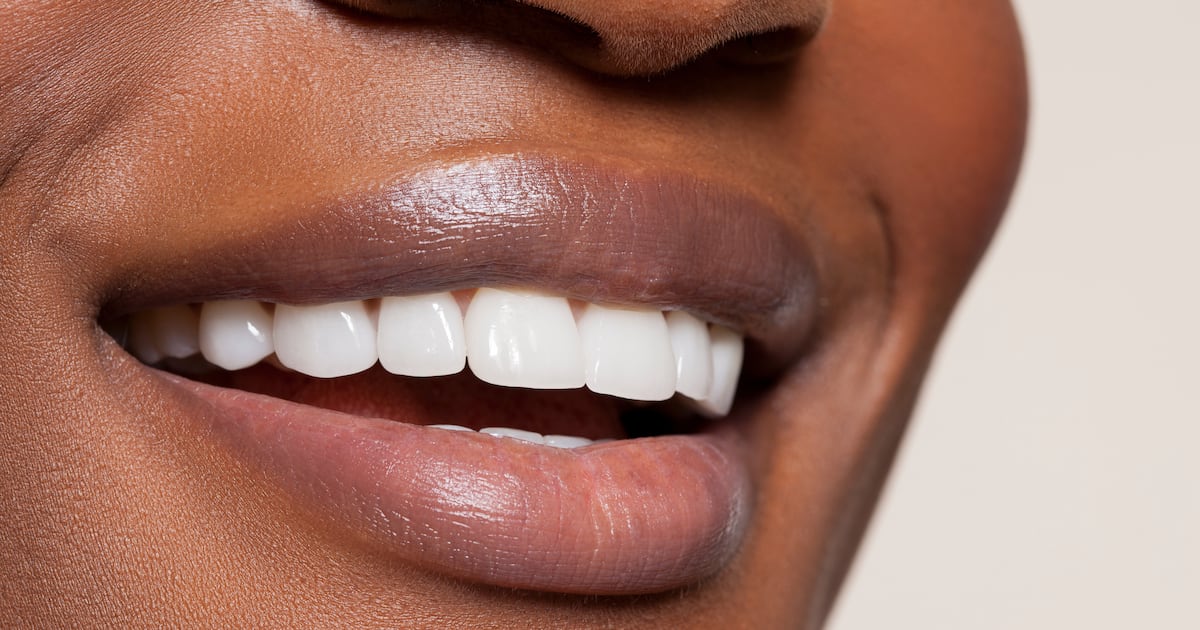Oral hygiene is critical, not just for a stunning smile but also for brain health, as experts are increasingly revealing the links between dental hygiene and cognitive function. Research suggests that inadequate oral care can significantly increase the risk of dementia and other cognitive impairments.
The exploration into these correlations underscores the importance of maintaining good oral health. A study observing a group of nuns found that periodontal disease can climb the risk of dementia sixfold. This alarming statistic aligns with broader studies establishing a strong association between poor oral health and multiple forms of dementia, including Alzheimer’s disease. Notably, researchers have identified a specific bacterium, P. gingivalis, often found in advanced gum disease, as a significant factor contributing to Alzheimer’s.
Bacteria residing in our mouths can impact our overall health similar to the gut microbiome, influencing our immune system. As scientists delve deeper into the complex relationship between oral health and brain health, it appears that harmful bacteria causing gum inflammation also contribute to brain inflammation, potentially leading to cognitive decline.
The human mouth hosts over 700 bacterial species and more than 7 billion bioparticles. While this extensive diversity raises eyebrows, it’s essential to maintain balance; harmful bacteria can thrive if oral hygiene is neglected. Periodontal disease, characterized by inflamed gums due to poor dental care, stress, tobacco use, diabetes, and genetics, remains a hidden danger. Data from the Centers for Disease Control estimates that two-thirds of American adults over 60 suffer from some form of this disease.
Effective oral care goes beyond merely brushing the surfaces of teeth. It is vital to floss and brush along the gum line to prevent tooth and bone loss. As we age, receding gums often reflect an increased susceptibility to gum disease. Early signs of gum disease, known as gingivitis, manifest as red, swollen gums and bleeding, yet it’s both preventable and reversible through consistent dental maintenance.
Interestingly, studies indicate that electric toothbrushes can be up to 20% more effective at removing plaque than their manual counterparts. The National Institutes of Health has underscored the benefits of ionic toothbrushes, which utilize positive ions to repel plaque and bacteria while neutralizing acids that contribute to tooth decay.
Proper flossing is equally essential in combating gum disease. The dangerous bacteria residing in the pockets of gums form plaque that causes inflammation, but diligent flossing can effectively minimize this buildup and promote healthy blood circulation in the gums, akin to a dental massage.
Despite the well-known motto that “floss is boss,” many individuals neglect this essential step. The American Dental Association (ADA) estimates that fewer than one in three adults over 60 consistently floss. To counter this trend, the ADA and organizations like the Mayo Clinic propose alternatives such as dental picks, interdental brushes, and water flossers, which have proven effective in plaque removal.
Beyond hygiene practices, nutrition significantly influences oral health. Foods and beverages high in sugar contribute to changing the mouth’s pH, creating an inhospitable environment that can lead to bad breath and gum disease. Even seemingly healthy juices can disrupt the balance if consumed excessively or allowed to linger in the mouth.
For those craving sugary drinks, adopting a simple post-consumption habit can aid in restoring balance. Rinsing with water after enjoying a soda or juice can help redress the mouth’s flora, preserving a healthy ecosystem of microorganisms.
While the complexities surrounding dementia and Alzheimer’s persist, one of the most effective measures we can take to protect our cognitive health lies within our daily routines. Regular brushing and flossing—or using alternative interdental cleaning tools—require only a few minutes but are essential for both dental and brain health. These fundamental practices can be less daunting than traditional exercises and serve dual purposes by playing a critical role in avoiding the cognitive decline that accompanies aging.
In summary, simple daily habits related to your dental care could pave the way for a healthier brain. Prioritizing oral health might just be one of the easiest ways to fend off serious cognitive issues later in life.






